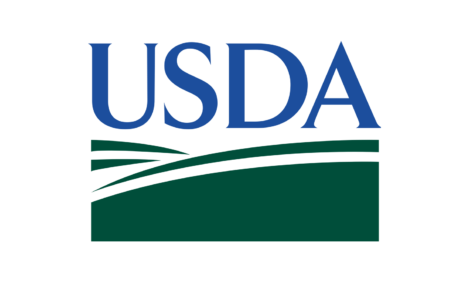



EU Admits No 'One-Size-Fits-All' Soloution to Reducing Antibiotic Use
EU - The European Medicines Agency (EMA) and European Food Safety Authority (EFSA) have issued a joint opinion on EU measures to reduce antimicrobial use in animals, and especially the recognition that there is no ‘one-size-fits-all’ solution.The two European agencies laid out their joint opinion, saying that a combination of interventions tailored to each local situation was needed. These include recording both use and the development of resistance, establishing a national target for antimicrobial use reduction and reducing inherent disease risk on each farm.
RUMA chair Gwyn Jones said the detail in the opinion was yet to be fully digested but it was positive that the two agencies acknowledged different situations required different approaches; the main recommendations also suggested UK farming was on the right track.
Mr Jones said: “The acknowledgement that there is no perfect system and each local situation needs its own multifaceted approach to reducing use of antimicrobials is refreshing. There has been a tendency for critics to promote alternative farming systems or demand blanket implementation of rules in other countries, when what we actually need is to reduce use in a sustainable way that safeguards animal welfare.”
Reviewing other aspects of the report, Mr Jones said RUMA’s guidelines on preventive treatment already emphasise it should only be a stop-gap used in high risk scenarios, and not routinely.
“While some sectors have made longer term changes – we saw poultry meat companies stop prophylactic (preventive) use of all antibiotics in 2016 through working with the British Poultry Council – RUMA recognises that preventive treatment will sometimes be needed on a temporary basis while vet and farmer make improvements to biosecurity and animal husbandry,” he said.
Furthermore, the opinion says access to "critically important" antimicrobials should be restricted and only used in animals as a last resort, which Mr Jones said was already happening voluntarily in Britain's poultry, pig and now cattle sectors.








